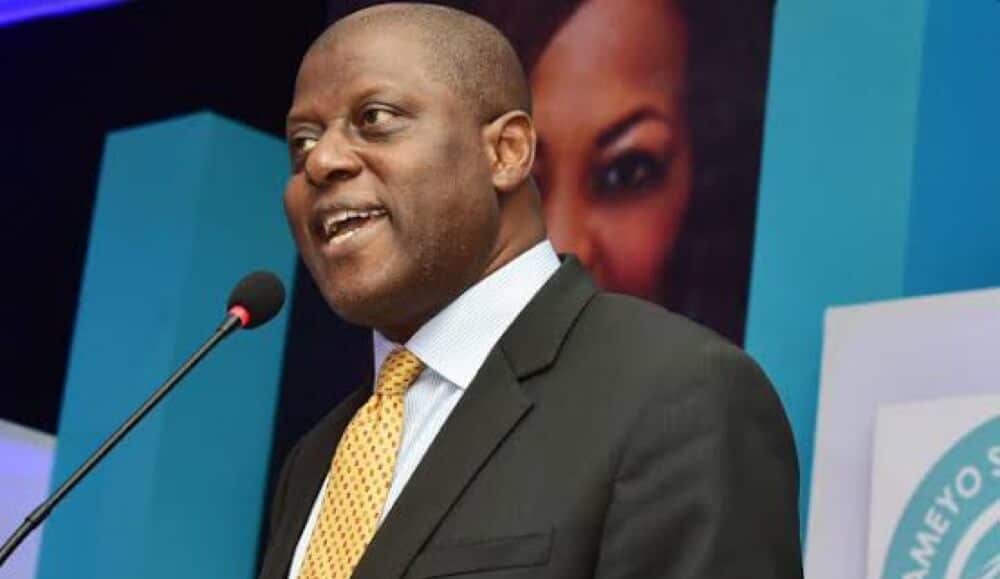By Milcah Taanimu
Olayemi Cardoso, Governor of the Central Bank of Nigeria (CBN), emphasized that financial inclusion is crucial for Small and Medium Enterprises (SMEs). At the 2024 International Financial Inclusion Conference in Lagos, he explained that SMEs contribute to over 80% of employment in Nigeria. Yet, many still struggle to access the credit they need for growth.
Empowering Women and Youth Through Financial Inclusion
Cardoso also highlighted the need to empower women and youth. He noted that when women are financially independent, they reinvest in their families and communities, boosting socio-economic development. However, women in Nigeria still face barriers to accessing financial services.
“Women are central to economic development, but they are excluded from financial systems,” he said.
CBN’s Efforts to Close Gender Gaps
The CBN has worked to close gender gaps by supporting digital platforms that serve women and youth. Cardoso stressed that the CBN is promoting financial literacy and entrepreneurship to help young Nigerians become financially independent and drive economic growth.
Supporting MSMEs: Nigeria’s Economic Backbone
Cardoso pointed out that MSMEs are key to Nigeria’s economy. Access to credit is vital for these businesses to grow. When businesses access financial services, they create jobs, increase productivity, and contribute to economic development.
“Financial inclusion helps businesses grow, which drives economic growth,” he said.
Technology and Financial Inclusion
Cardoso praised the role of technology in expanding financial access. Nigeria’s growing mobile phone penetration has allowed people in remote areas to access financial services. Digital payment platforms have opened financial services to millions previously excluded.
“Technology has democratized access to finance,” he said.
Strengthening Banks and Innovation
Cardoso also mentioned the CBN’s move to raise minimum capital requirements for banks. This helps banks take more risks and offer more products to underserved communities. The CBN also supports innovation by fostering a stable environment for digital financial platforms.
Progress and Challenges in Financial Inclusion
Philip Ikeazor, CBN’s Deputy Governor for Financial System Stability, spoke about the progress made in financial inclusion. He noted that financial exclusion dropped from 46.3% in 2010 to 26% in 2023. However, over 28 million Nigerians still lack access to financial services.
“We still have work to do to reach the most excluded groups,” Ikeazor said.
A Vision for an Inclusive Economy
Cardoso concluded by reaffirming the CBN’s vision for financial inclusion. He said that every Nigerian should have access to financial services, regardless of location or background. He emphasized that financial inclusion is essential for building a stronger, more inclusive economy.
“Financial inclusion drives economic development. It creates opportunities and improves lives,” he said.





